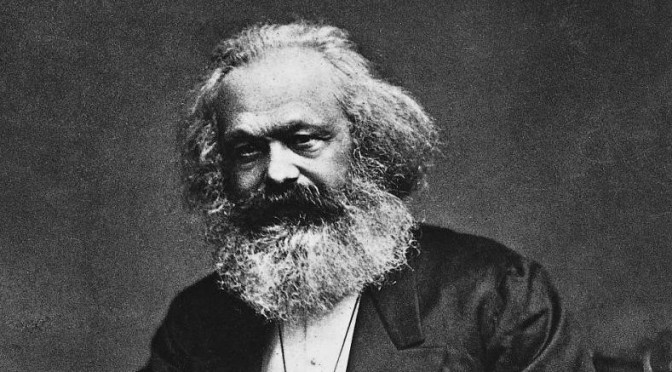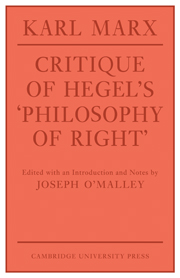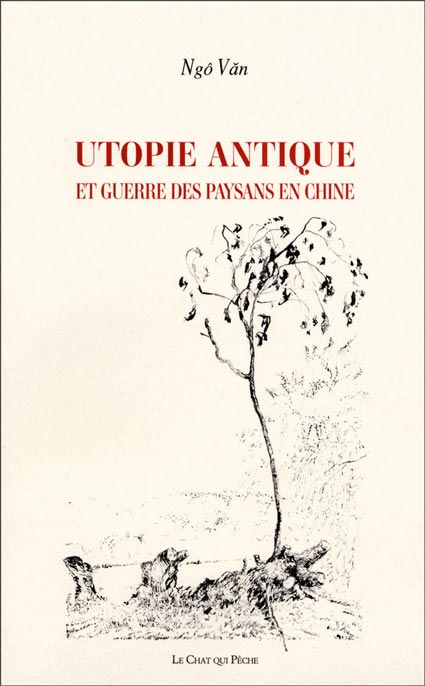Introduction to a Critique of
Hegel’s Philosophy of Right
For Germany the critique of religion has been essentially completed, and the critique of religion is the essential precondition for all criticism.
Secular errors are discredited once their sacred expressions have been refuted. Man, who sought a superhuman being in the fantastic reality of heaven and found nothing there but a reflection of himself, will no longer be inclined to find a mere nonhuman semblance of himself where he seeks and must seek his true reality. Continue reading Introduction to a Critique of Hegel’s Philosophy of Right





